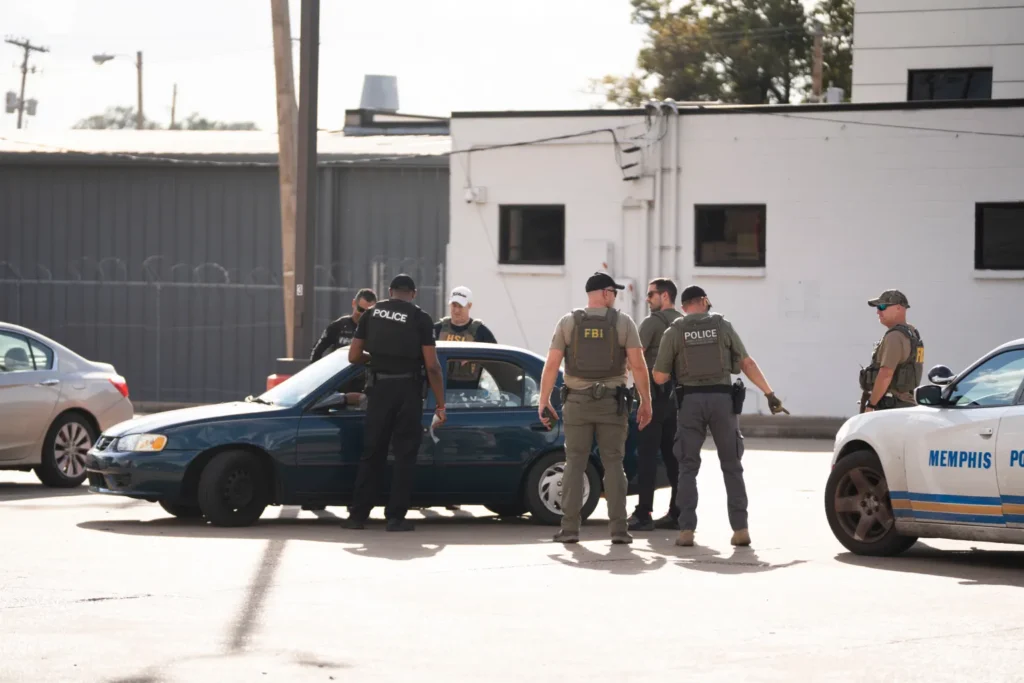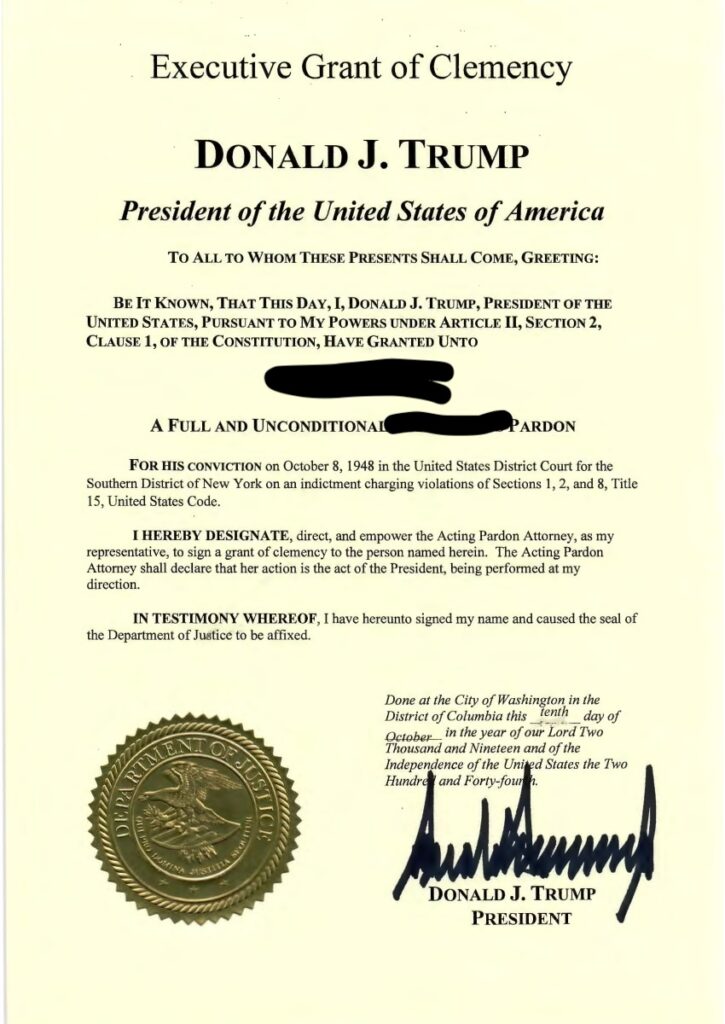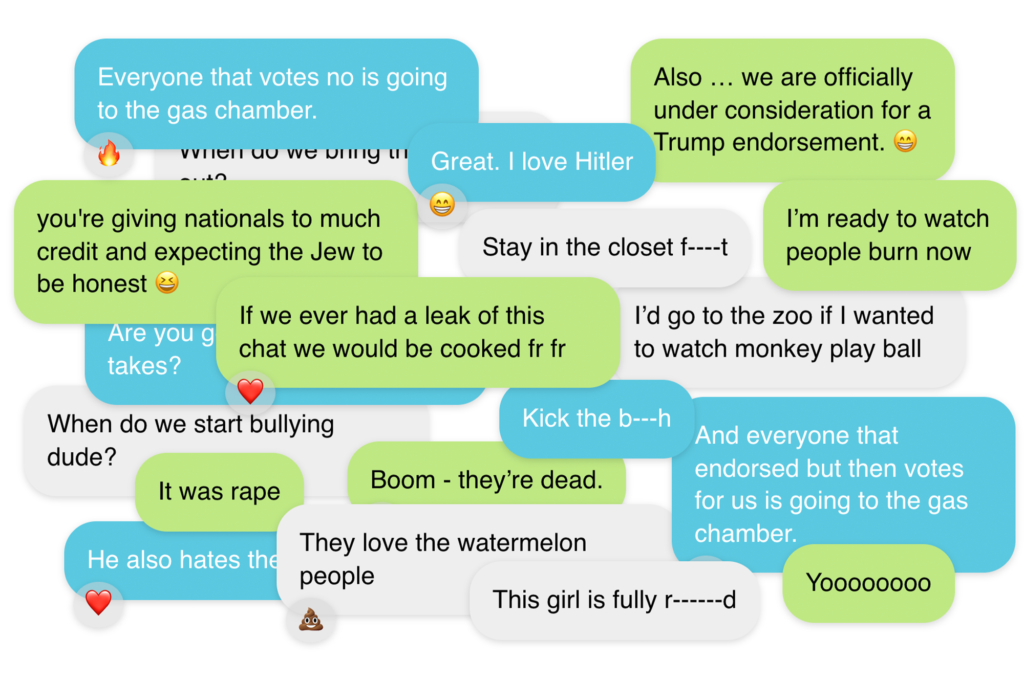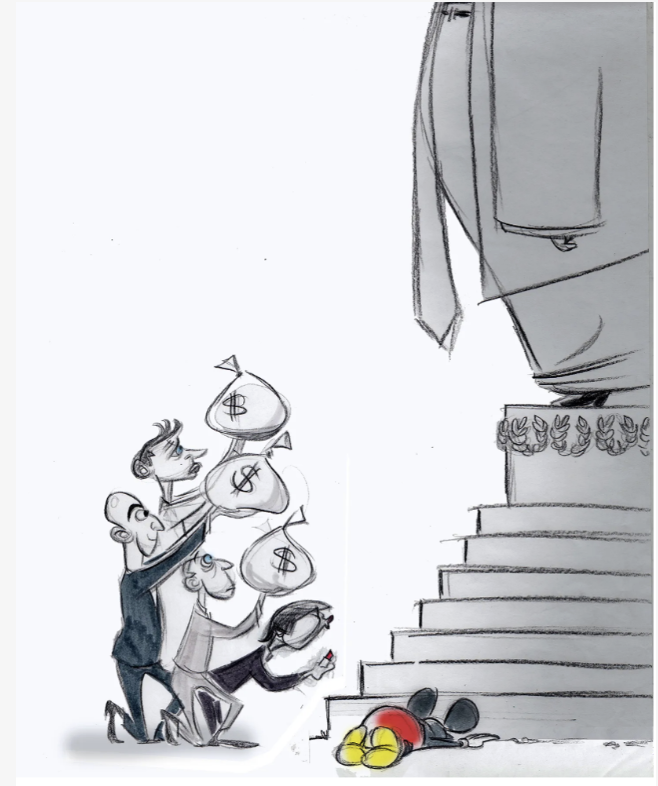THIS WEEK IN…
CRIMES, CORRUPTION AND GRIFT
The Epstein scandal has captured so much media attention because it lays bare the deep corruption among the elite and the sense of impunity enjoyed by the wealthy and powerful. Overwhelming public support for releasing the files shows that it is not a partisan issue but rather reflects a frustration with a seemingly two-tier justice system in which the rich commit abuses and, especially under the current administration, operate with increasing confidence that they will face no accountability. However, the Epstein case is far from the only example of those both in government and the upper echelons of society who often behave as though rules do not apply to them. The intense focus on Epstein this week has overshadowed other stories that also reveal the rot, grift and corruption.
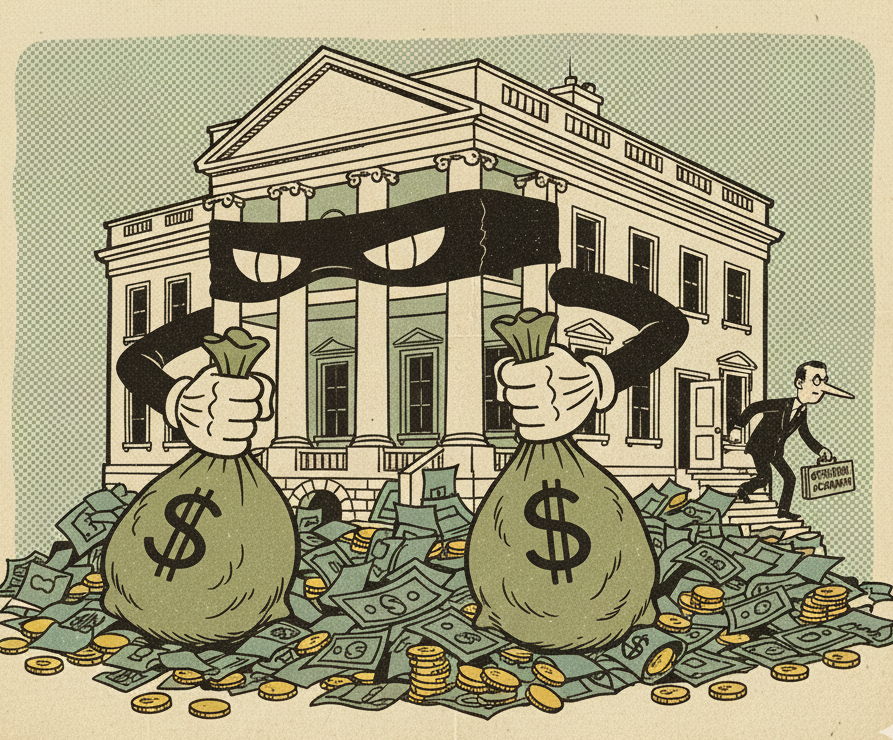
Daniel Dayden calls “elite impunity the defining issue in America for more than two decades.”
Jeffrey Epstein is not the only accused rapist and human trafficker treated with kid gloves. The current administration intervened to help ardent Trump supporter and online influencer Andrew Tate to be released from house arrest in Romania, where he is under investigation for several allegations, including sex with a minor. Robert Faturechi and Avi Asher-Shapiro have investigated the White House’s interference in their piece for ProPublica.
Jeremy Kohler examines how How Powerful Figures Were Prosecuted in Trump’s First Term, Then Pardoned in His Second.
Donald Trump has always used the presidency to enrich himself and his business enterprises, especially through deals with foreign countries. However, his deals since his reelection pale in comparison to his first term. Dave Lawler examined the many real-estate projects in Trump’s business empire goes global while he’s in the White House. To keep track of how profitable the second term has been, CAP has launched a live tracker that shows how much the Trump family has pocketed in cash and gifts.
Cabinet members have their hands in the cookie jar as well, as lucrative deals generate profits for their family members or business associates. Justin Elliott, Joshua Kamplan and Alex Mierjeski examine how Kristi Noem has profited from her appointment as Homeland Security Secretary in Firm Tied to Kristi Noem Secretly Got Money From $220 Million DHS Ad Contracts. Oftentimes, it is the appointees’ families that benefit as well, as Todd Gillespie reports in his piece about how financial firm Cantor Fitzgerald is on track to post revenue in 2025 of upwards of $2.5 billion, an all-time high. Cantor is controlled by Brandon and Kyle Lutnick whose father happens to be Commerce Secretary Howard Lutnick.
And as long as the FBI director continues hunting the president’s perceived enemies, as Marc Fisher recounts in the New Yorker article “Kash Patel’s Acts of Service,” Patel is unlikely to face any criticism for flying, at taxpayers’ expense, to the luxury exotic-hunting retreat Boondoggle Ranch in Texas, one of many private excursions as compiled by Brendan Rascius for The Independent in “Private jet flights, luxury hunting trip and tipping of suspects”.
The Economist examines how Donald Trump is creating his own police force. The administration has repeatedly assured ICE and Border Patrol agents that they have ‘federal immunity’, which might explain the violence they inflict on citizens and non-citizens alike. How else to explain the ongoing brutal tactics against protesters? One of the more memorable images of the past week was that of Rev. Michael Woolf, who was violently arrested. Tim Dickinson spoke with him: ‘It’s as if Jesus Is Locked Up in Broadview’. Luck for those responsible for these attacks might run out if the GOP loses the House Majority in next year’s midterm election. Democrats have already vowed to prosecute and hold accountable anyone who issued or followed unlawful orders. Pablo Manriques looks into “hundreds of sexual-assault allegations against ICE and Border Patrol agents remain largely uninvestigated” in Women Voters Sue Kristi Noem.
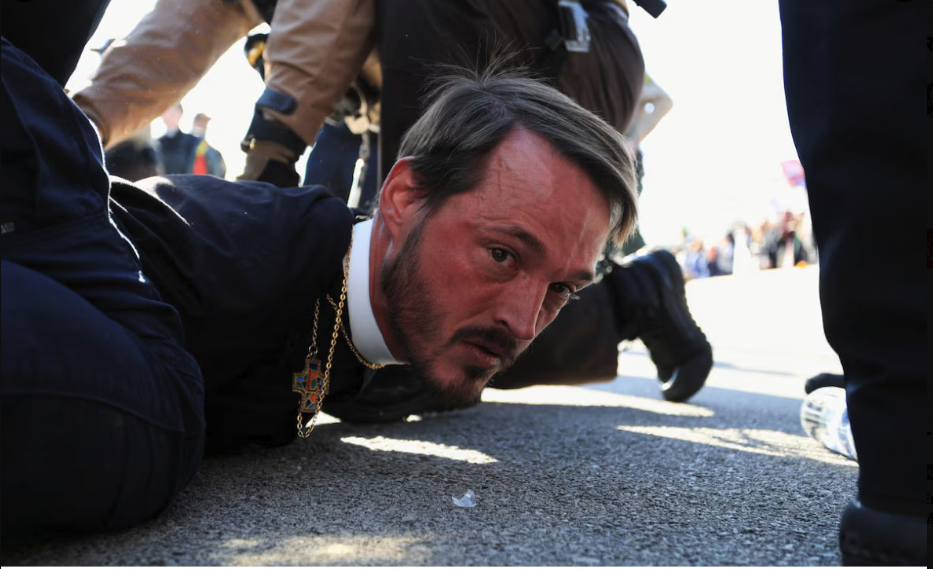
…IN OTHER NEWS
Since September 2, the U.S. military has carried out 20 strikes in the Caribbean Sea and Eastern Pacific Ocean that killed 80 people. Most legal experts believe the strikes on suspected drug traffickers to be unlawful, extrajudicial killings.
Trump has accused boat crews of being narco-terrorists. The truth is more nuanced, as Regina Garcia Cano found out.
Ryan Lucas looked behind the scenes of the Justice Department and found that one DOJ official told prosecutors that U.S should ‘just sink’ drug boats.
How Many People Has the U.S. Killed in Boat Strikes? Nick Turse provides answers and reports that Officials acknowledged they don’t know the identities of the people they’re killing and can’t meet the evidentiary burden to prosecute survivors.



